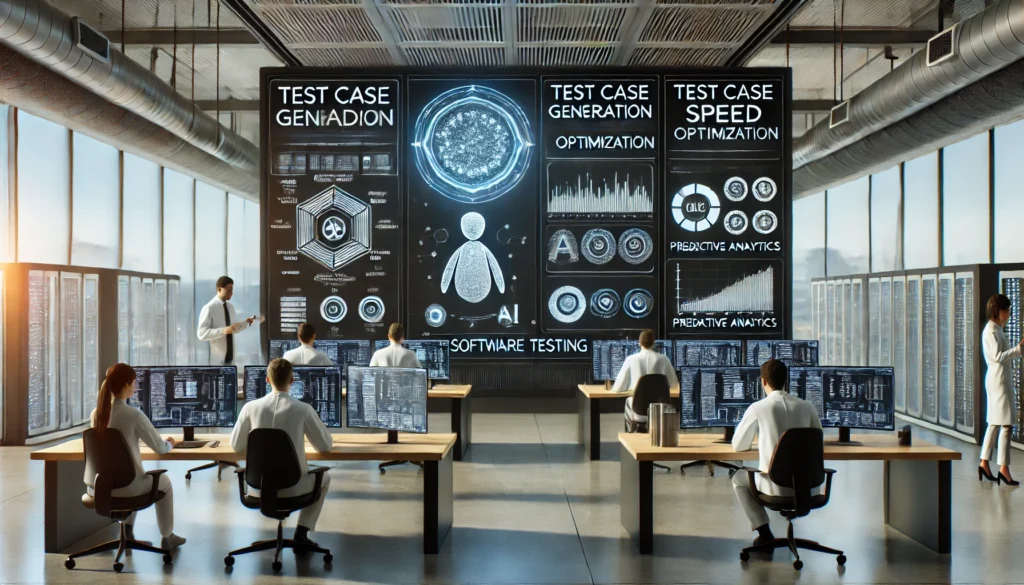Technologies like Artificial Intelligence (AI) and the Internet of Things (IoT) are driving a new wave of innovation in software testing. Companies today are faced with the challenge of ensuring that their applications are robust, scalable, and secure in an increasingly interconnected world. For software testing companies based in Bangalore, embracing these technologies is no longer an option but a necessity to stay ahead in the competitive market.

AI Driven Testing for Enhanced Accuracy and Speed
AI and machine learning are significantly revolutionizing software testing, especially in terms of automation. With the help of AI algorithms, testing processes can be optimized to increase accuracy and reduce manual intervention.
AI helps in areas such as:
- Test Case Generation and Optimization: AI can automatically generate test cases, predict potential defects, and optimize test suites, reducing redundancy and ensuring more efficient coverage.
- Test Automation: Using AI-driven test automation tools like KaneAI, testers can now write, manage, and refine tests using natural language, reducing the complexity and technical expertise needed to create automated scripts.
- Predictive Analytics: AI tools predict defects by analyzing previous data, enabling proactive measures to mitigate risks before they become problems.
These advancements in AI not only enhance the speed and accuracy of testing but also enable continuous integration and delivery, crucial for modern DevOps environments.

IoT Testing For Connected Devices
The rise of IoT brings with it a host of testing challenges, particularly in terms of performance, security, and scalability. With the explosion of connected devices, ensuring the seamless functioning of IoT systems requires rigorous testing strategies. Key focus areas in IoT testing include:
- Usability and Compatibility Testing: Given the diversity of IoT devices, it’s critical to test for compatibility across multiple platforms, networks, and devices.
- Security Testing: IoT devices, due to their interconnected nature, are vulnerable to cyberattacks. Security testing ensures that data transmission remains secure, and the devices are protected from external threats.
- Reliability and Scalability: As IoT ecosystems expand, testing must account for the system’s ability to handle an increasing number of devices without performance degradation.
With IoT testing, companies can ensure that their devices meet the performance expectations of users, providing seamless and secure experiences across various applications.

Role of Automation in Scriptless Testing
As both AI and IoT systems grow more complex, automation is becoming an integral part of software testing. Scriptless automation, where test cases can be created without the need for coding, is gaining popularity. This trend enables teams to focus more on the business logic and functional aspects rather than the technical intricacies, helping accelerate the testing process and make it accessible to a broader range of stakeholders.

